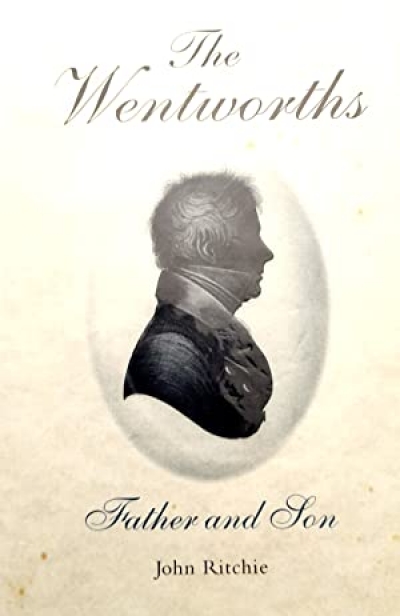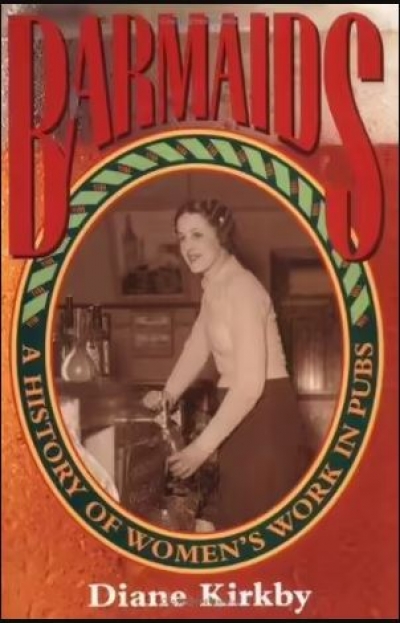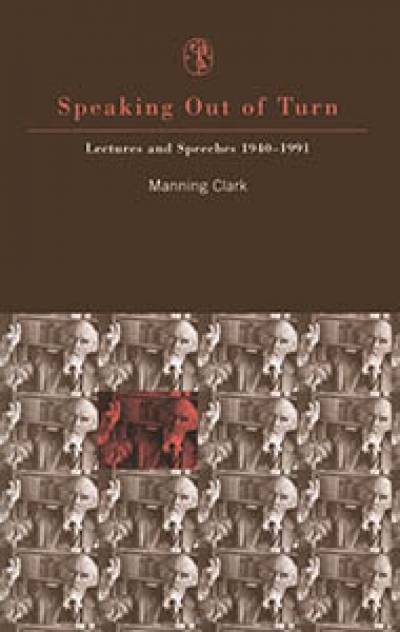History
Jane Austen’s aunt was once at risk of transportation to Botany Bay for shoplifting. It is piquant that Austen named two of her major male characters Fitzwilliam Darcy in Pride and Prejudice and Captain Wentworth in Sense and Sensibility, because a leading inhabitant of New South Wales in those years was D’Arey Wentworth, disreputable but acknowledged kinsman of Lord Fitzwilliam. D’Arey Wentworth’s career smacks more of Georgette Heyer than Jane Austen, since he was a highwayman four times acquitted. Rather than push his luck further, he went, a free man, as assistant surgeon with the Second Fleet in 1790. As a young teenager Jane Austen may have read about him in the Times.
... (read more)
The Reds: The Communist Party of Australia from origins to illegality by Stuart Macintyre
The fascinating remembrance of the first two decades of the Communist Party of Australia is the first general history of Australian communism since Alastair Davidson’s The Communist Party of Australia: A short history appeared in 1969. Stuart Macintyre’s The Reds is both erudite and, as befits a former CPA member of Presbyterian background, is infused with moral vision.
... (read more)The title is not provocative: The Brisbane Line Controversy, but Paul Burns’s subtitle flags the partisanship that will mark his study. This is a case, he contends, of ‘Political Partisanship versus National Security 1942–45’. His conclusion is unobjectionable: ‘belief in a “Brisbane Line” was our barometer of fear about the vulnerability of our own continent which no Australian Army could negate’. In political demonology, the Brisbane Line signifies the intention of the Menzies–Fadden conservative governments of 1939–41 to abandon all but the south-east corner of Australia to the Japanese, should an invasion come. Burns is keen to absolve Menzies and his colleagues of blame and to find where, and with whom, the notion of the Line originated. In the process he indicts Labor front-bencher Eddie Ward, whose allegations about a Brisbane Line led to a Royal Commission in the election year of 1943.
... (read more)Barmaids: A history of women’s work in pubs by Diane Kirkby
No icon better encapsulates the ethos of male culture than the pub. Sharing a beer in this bastion of male conviviality has been a defining experience in shaping Australian male identity. The pub as a cultural and social institution has attracted the attention of many historians, but none have considered the ubiquitous and yet mysteriously anonymous figure of the barmaid. Although represented in fiction and film, and up until recently, a part of the very fabric of pub culture, the barmaid remains an elusive figure in Australian history.
... (read more)Speaking Out of Turn: Lectures and speeches, 1940–1991 by Manning Clark
I heard Manning Clark lecture just once. It was in 1981. He was addressing a hall packed with school students who were attending a history camp at the Australian National University. That night, Clark demonstrated two qualities which distinguish most good lecturers: he played a character who was an enlarged version of himself, and he convinced the gathering that his topic was central to any understanding of the human condition. He told his young audience that they were faced with a great choice. With their help, Australia might one day become millennial Eden – a land where men and women were blessed with riches of the body and of the spirit. But if they were neglectful, he warned, their country would remain oppressed by a great dullness: Australia would continue to languish as a Kingdom of Nothingness. (This speech, it should be noted, was delivered in the middle of that bitter decade which followed the dismissal.)
... (read more)Holocaust denial comes in many guises. One is the comfortable belief that European nationals were ignorant of the slaughter of their fellow Jewish citizens, and would have been appalled had they known. Daniel Goldhagen’s Willing Executioners: Ordinary Germans and the Holocaust has been the most controversial challenge to this so far, but it is not alone. Abraham Biderman, survivor of Auschwitz, Buchenwald and Bergen-Belsen, whose memoir The World of My Past had difficulty finding a publisher here but went on to win awards, is reluctant to exaggerate about the Poles. Nevertheless he writes, ‘With hindsight, however, it seems to me that the majority of them were happy to see the Jews destroyed.’
... (read more)In a course on Australian popular culture, I routinely ask students a pair of questions: is Australian culture increasingly Americanised; is Australian culture increasingly distinctive and original? They routinely answer yes to both. Australian National Cinema suggests why there might be more than poor logic behind their response. Its contradictoriness tells us something fundamental about how Australian cinema exists in the cinema world and the social world.
... (read more)The Silence Calling: Australians in Antarctica 1947–97 by Tim Bowden
As Tim Bowden would well remember, the ties of Hobart to the Antarctic have been visible long before the transfer of the Antarctic Division from Melbourne to Kingston, south of Hobart, in 1982, and the establishment of the Institute of Antarctic and Oceanic Studies at the University of Tasmania six years later. From the 1950s, the chartered Scandinavian vessels that carried members of the Australian National Antarctic Research Expeditions, Nella, Kista, Magga and other Dans, set out from Hobart early each summer. To look south down the Derwent was to know that one was truly at the end of the inhabited world. Yet if no permanent settlement has ever been created in Antarctica, thousands of Australians have worked and wintered there. The Silence Calling is Tim Bowden’s exemplary record of their achievements in this, the golden jubilee year of the ANARE.
... (read more)‘The historical aspects of The Rocks should not be oversold’, declared a recent Sydney Cove Authority strategic plan, ‘it should be used as a background’. In this sanitised heritage precinct, tourists might thrill to the hint of a raffish past, but should be shielded from more intimate and disturbing glimpses. This is always easy in the absence of systematic research.
... (read more)Gallienus by John Bray & A Portrait of John Bray edited by Wilfred Prest
Gallienus is hardly the best known Roman Emperor. The records of his reign from 235 to 268 are so fragmentary that even the date of his assassination can only be approximated as taking place during a six-month period.
... (read more)










